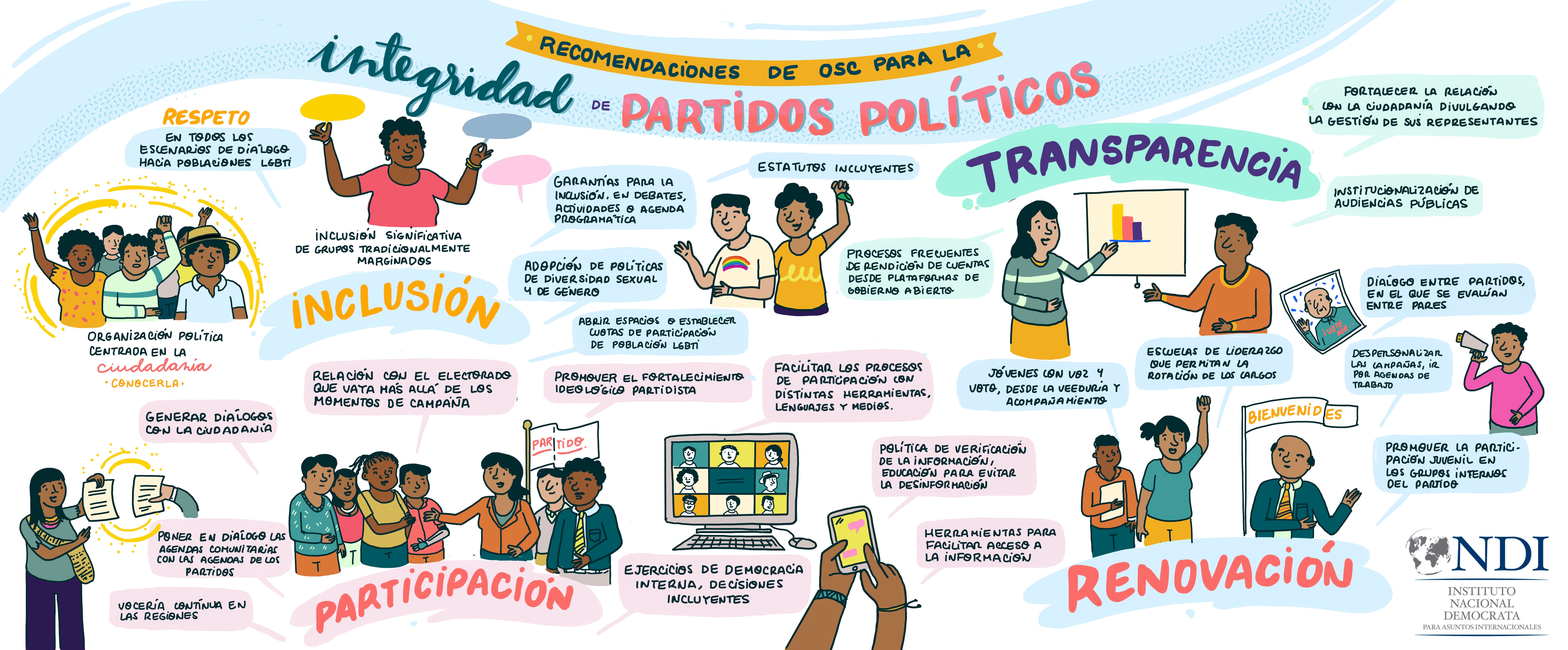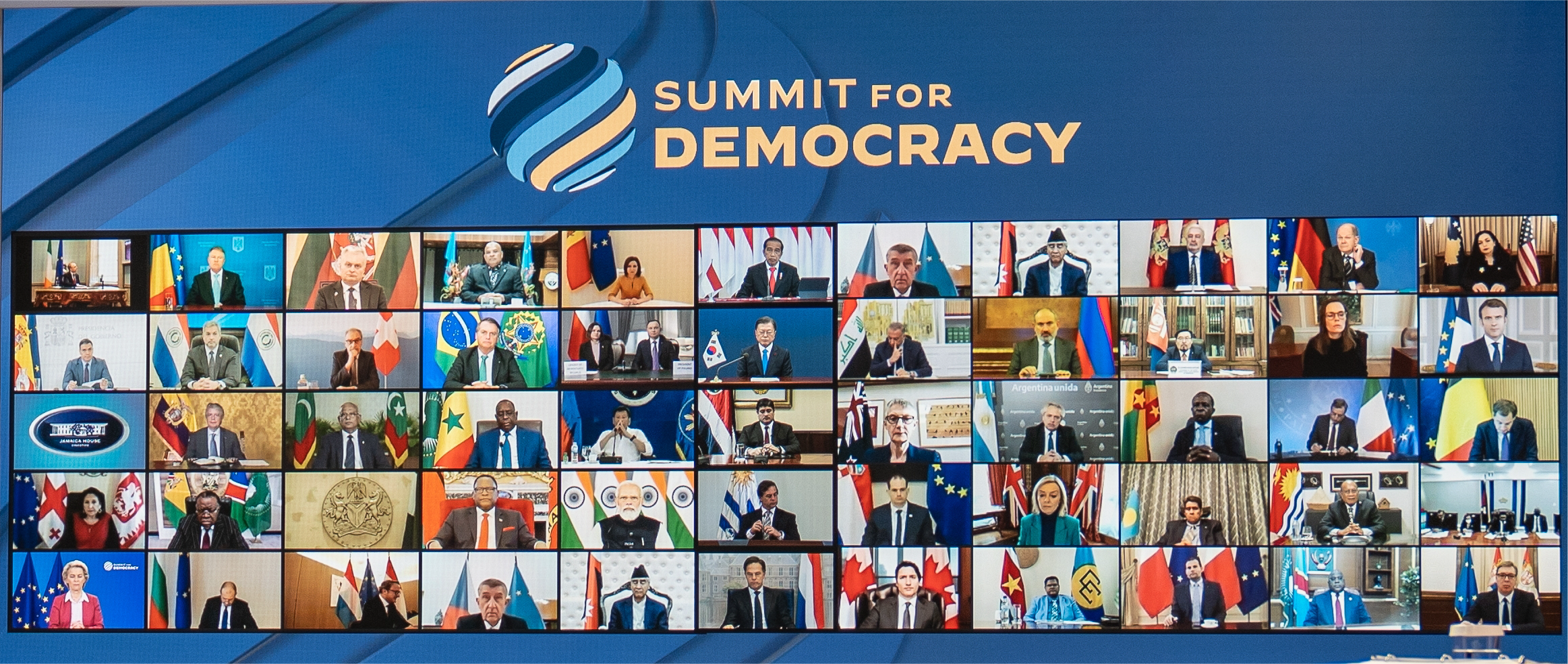Slobodan Milic
Slobodan Milic is a long-term NDI-er specializing in political parties, local governance, and youth engagement in politics. Most recently Slobodan was NDI's Resident Director in Morocco (2016-2022), where he implemented a variety of programs for parliamentarians, youth activists and political parties. Previously, he served as a Program Director at NDI-Jordan, where he ran the "Ana Usharek" youth program.
Gender equality is central to EU membership (Romania) and accession treaties (Albania, BiH, Kosovo, Montenegro, and Serbia). Nonetheless, women in political life in SEE face many obstacles, including gender-based discrimination and stifling traditional gender roles. Women are politically underrepresented in all SEE countries, and in all decision-making bodies. Women from ethnic minority groups as well as LGBTQI+ communities face further marginalization and exclusion.
Political parties should play key roles in democratic governance by representing citizens and aggregating their concerns into policy, and by vetting, selecting and influencing political leaders. However, corruption, state capture, populism and opaque party organizations undermine public confidence in parties around the world, fueling political instability.
The National Democratic Institute (NDI) conducted quantitative and qualitative public opinion research between March and June 2021 in Lebanon, that examined the legacy of the protest movement, how people feel about the government, political parties, and politicians, who citizens trust to represent their needs, and what people see as the best possibilities for reform.
The key findings and themes that emerged from the research are:


